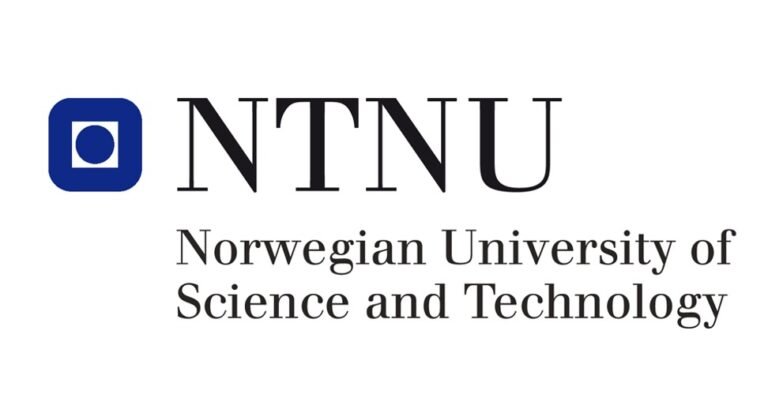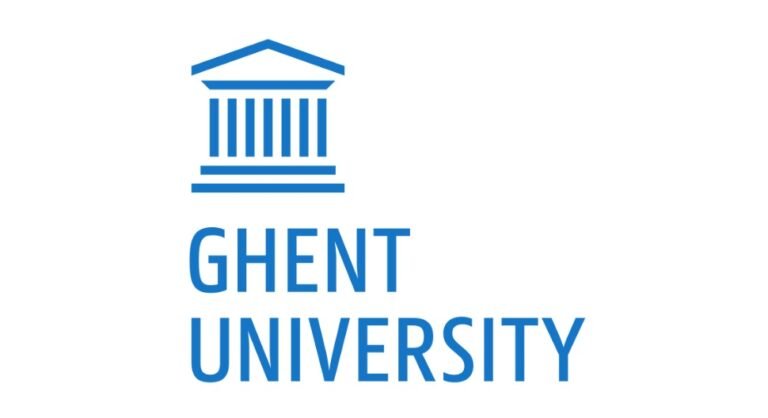About the project
Ellipticals are amongst the most massive galaxies in the present-day Universe, have spheroidal morphologies and red colours, and were formed more than 10 billion years ago. They contain very little cold gas, and are not forming new stars at a substantial rate.
How these objects have been formed and evolved across cosmic history is one of the main puzzles for galaxy formation and evolution studies. Indeed, observations show that at their formation epoch, that is redshift z~1-3, most galaxies were actively forming stars within extended stellar discs. Therefore, some mechanisms must quench star formation and induce morphological transformations in galaxies.
“models suggest that supermassive black holes can rapidly quench star formation by expelling most of the gas from which new stars are formed via powerful winds. However, while there is a broad consensus that these winds are essential for galaxy evolution and quenching, theoretical studies are challenging because of the very different temporal and spatial scales involved. Observations are thus essential to understand the impact of supermassive black holes on galaxies and quenching, and the formation of giant ellipticals.
In this project, we will conduct an observational programme to identify and characterise the properties of winds in star-forming galaxies at z≳1, which corresponds to the epoch when most elliptical galaxies have been formed. We will investigate the occurrence and properties of winds, and connect this with the properties of the host galaxy such as stellar masses, star formation rates, morphologies, kinematics, gas content and conditions of the interstellar medium. This will allow us to address the following questions:
- What physical processes regulate star formation and quenching in distant galaxies?
- What is the impact of supermassive black holes on their host galaxy?
- Are galaxies hosting powerful winds undergoing morphological transformations?
The student will use state-of-the-art observations from the largest telescopes on earth and in space, including JWST and ALMA. The student will receive training in the reduction and analysis of imaging, integral field spectroscopy and interferometry. The student will have the possibility to collaborate with other members of our galaxy evolution group investigating the physics of supermassive black holes, and interpret their observational results with of state-of-the-art semi-empirical models developed here in Southampton.
Entry requirements
Fees and funding
Funding for other international applicants is very limited and highly competitive. Overseas students who have secured or are seeking external funding are welcome to apply.
How to apply
You need to:
- choose programme type (Research), 2024/25, Faculty of Engineering and Physical Sciences
- choose PhD Physics (Full time)
- insert the name of the supervisor in section 2
Applications should include:
-
your CV (resumé)
-
research proposal
-
2 reference letters
-
degree transcripts to date
Contact us
Faculty of Engineering and Physical Sciences
If you have a general question, email our doctoral college (feps-pgr-apply@soton.ac.uk).
Project leader
For an initial conversation, please contact: a.puglisi@soton.ac.uk






